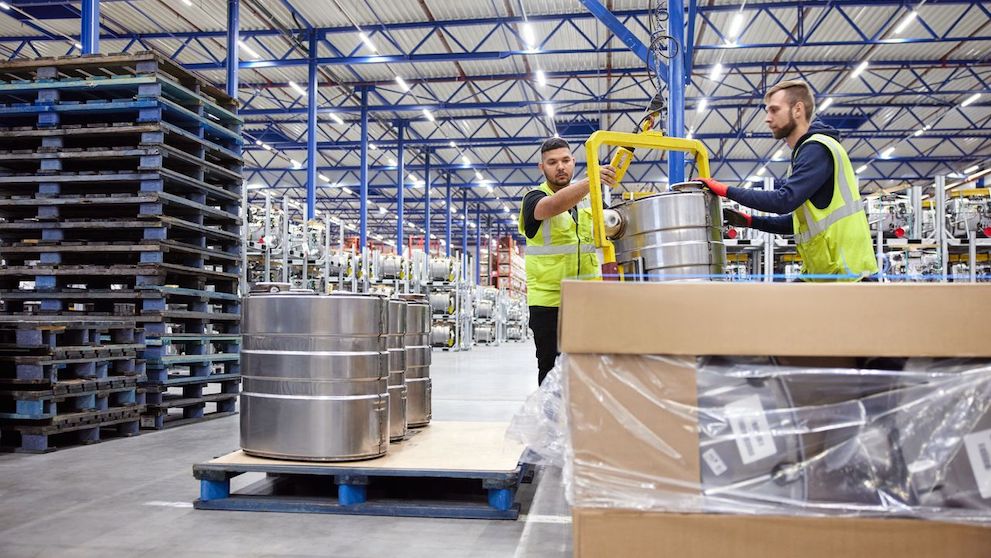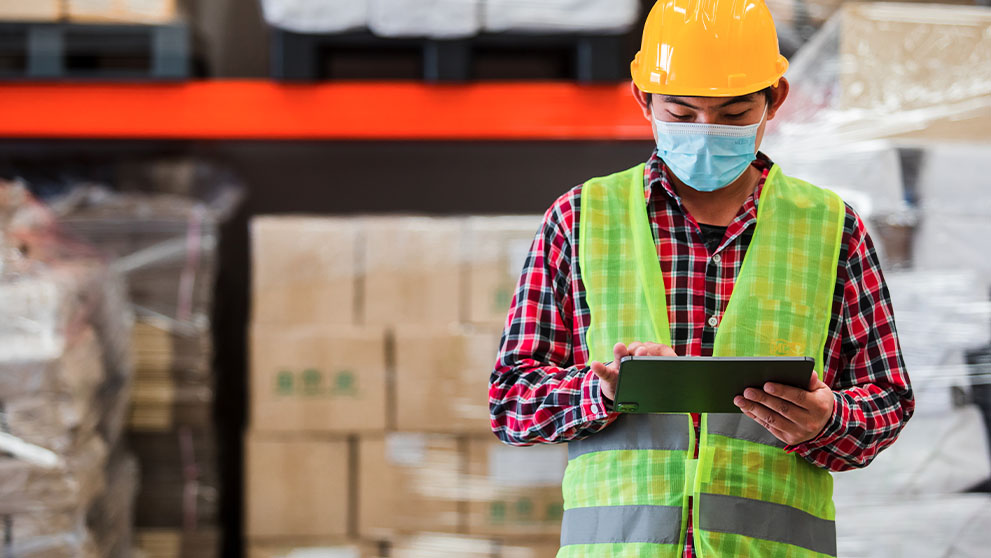Blockchain has been an absolute game-changer in the financial world, spearheading revolutionary transformations with cryptocurrency networks. Despite being primarily known for setting the foundations for cryptocurrency, there lies another unsuspecting area where blockchain technology holds great promise: supply chain management. Discover in detail the increasingly prevalent role of blockchain in the supply chain and how you can join in to reap the benefits.
Understanding blockchain technology
Blockchain is a database that drives the documentation and distribution of transactions in immutable, encrypted ledgers across the entire network of computer systems on the blockchain. Its encrypted nature allows blockchain technology to provide a higher level of security than the traditional banking model, which makes it even more appealing to the masses. Moreover, blockchain offers convenience by way of instantaneous transmission through the Internet, which immediately eliminates the two-to-three-day clearing process. In fact, it approximately takes five minutes to three hours for a transaction to be confirmed, regardless of the time of day or week.
Blockchain in supply chain
The supply chain of today is still largely operated on the traditional system that does not include any blockchain technology. However, change is near. Several industry leaders in the supply chain management industry are dabbling with blockchain technology in hopes to find a solution that can solve several of the challenges they are currently facing. Some are beginning to explore the technology, others are conducting pilots, and a smaller few have moved even further and are working with partners to develop applications.
This brings us to the question: what makes blockchain so appealing? For supply chains, blockchain’s ability to limit the number of known participants privy to their business operations mitigates any risk of malicious actors while simultaneously supporting better performance. Plus, since all transactions are secured by cryptography, the added security ensures that only individuals with permission to the digital ledgers are able to access it.
Considering how the supply chain collects and utilises a lot of data, the transferring of accurate information across supply chains at close to real-time speed is critical. Blockchain streamlines this process by replacing slow, manual processes that still rely on paper with digitised systems, thus accelerating the process while reducing any human errors. Moreover, moving the data over to the digital space improves traceability, which further adds value by reducing any high costs of rectifying problems.
In order to be successful, blockchain applications designed for supply chains will require new permissioned blockchains, new standards to represent these transactions on a block, and new rules to effectively govern the system. All of these areas are currently in the works.
DHL and Accenture: taking the first step in logistics blockchain
As of March 2018, DHL and Accenture have revealed a blockchain-based serialisation prototype with nodes in six geographies. This jointly-developed working prototype tracks pharmaceuticals across the supply chain, from the point of origin to the consumer, and shares the ledger with various stakeholders.
The prototype is also able to streamline the entire cross-trading and back-office process, including confirmation, invoice generation, settlement, auditing, reporting, and the like. Such comprehensive capabilities are backed by technological engineering expertise that strives for accuracy. For instance, DHL and Accenture expected at least a 5% drop in annual freight spend through improved invoice accuracy and reduction repayments. In addition, not only can the prototype complete such processes with great precision, but it can also do it efficiently - it can handle more than seven billion unique serial numbers and 1500 transactions per second.
This venture hopes to tackle one of the many apparent challenges faced by the pharmaceutical industry - up to 30% of pharmaceutical products sold in emerging markets are counterfeit. By utilising the inherent irrefutability within blockchain technologies, the pharmaceutical industry can work to identify any tampering and reduce the risk of these counterfeits, effectively saving lives. Such higher safety standards also come at a lower cost, which is beneficial for all parties involved.
Transforming Your Business with DHL
Always at the forefront of providing extensive, quality logistic solutions, DHL Express is at your service should you require a reliable third-party logistics company within your supply chain.
Embark on a global trade adventure powered by our blockchain initiative. We transform your business by fostering greater trust and transparency among stakeholders and consumers alike, while simultaneously facilitating the automation of commercial processes. We equip your business with product traceability and transparency at every level of your production, from the procurement of raw materials to delivery of the end product. With these newly acquired track-and-trace capabilities, you are able to share the data amassed as proof of legitimacy, among other things.
Beyond improved transparency, we also provide your business with blockchain-based smart contracts to automate commercial processes as soon as the pre-determined agreement criteria are fulfilled. This means procedures, such as full, subtracted, and split payment, are able to self-execute without any need for human interference. With the rapid advancement of blockchain technology, smart contracts have begun to expand and extend beyond payment and cross-border customs documentation. You can enjoy newly-added functions, including outsourced transportation management, normative compliance, route planning, fleet management, and freight forwarding.
Kickstart your overseas business expansion with DHL Express today! Reach out to us with your concerns and our team will be more than happy to assist you.










































